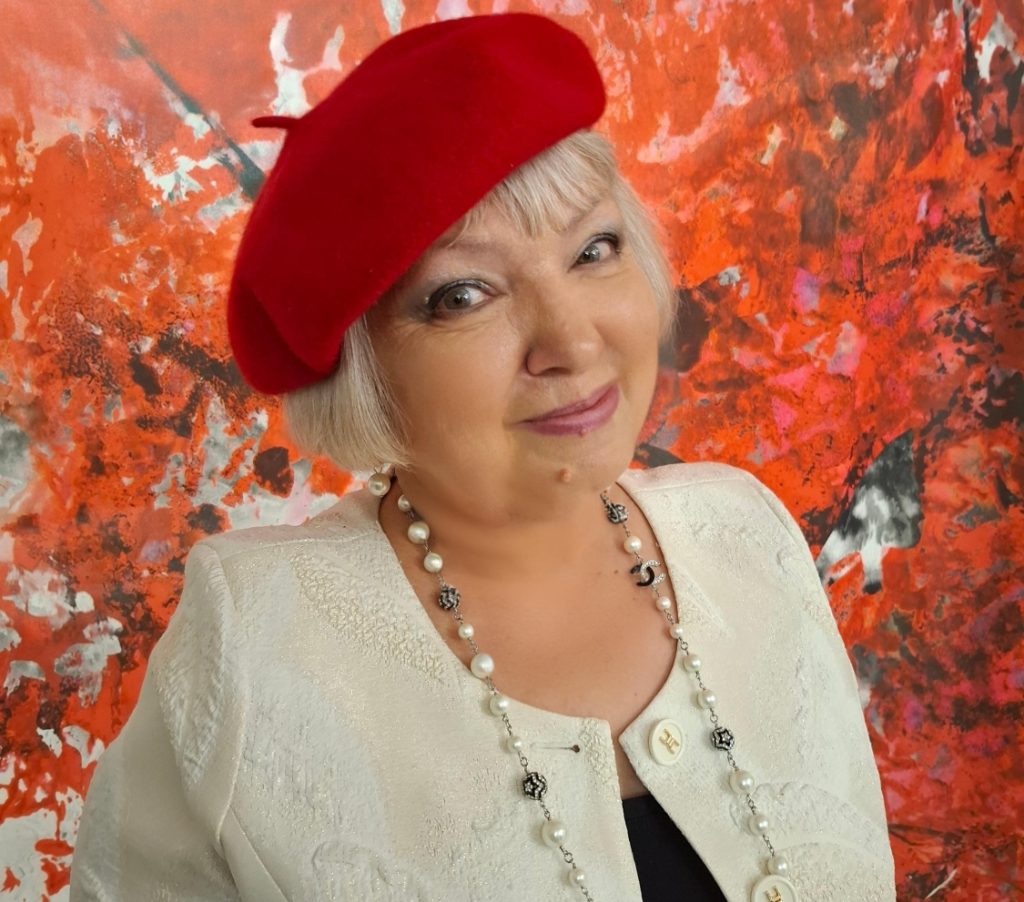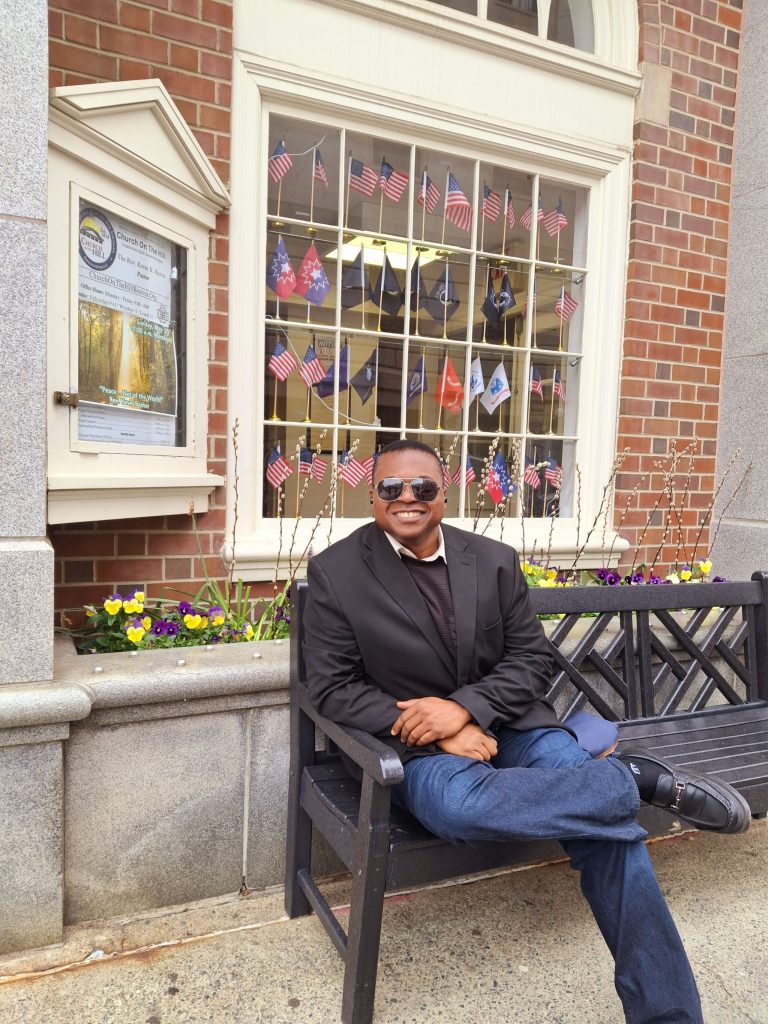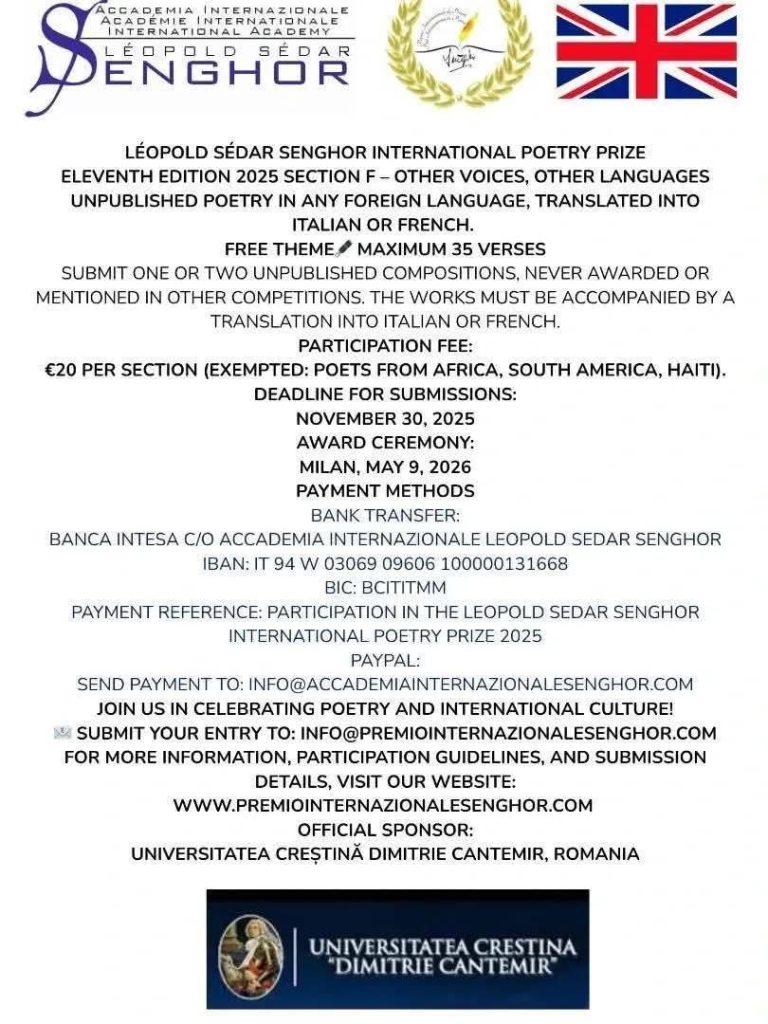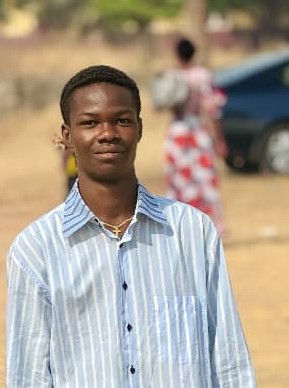Speech culture and communicative competence in English
Termiz University of Economics and Service
Philology and teaching language English
3-course To’raqulova Pokiza
Key words: Grammar, vocabulary, accuracy, fluency, speech culture , communicative competence.
Abstract: This article discusses the issues of speech culture and communicative competence in English. Speech culture is defined as the combination of correctness, clarity, politeness, and expressiveness in communication.
Cultural competence in ESL refers to the ability to understand, communicate with, and effectively interact with people across cultures. It involves being aware of one’s own world view, developing positive attitudes towards cultural differences, and gaining knowledge of different cultural practices and world views. Language and culture are inextricably linked. The nuances, idioms, and colloquialisms of a language can provide insights into its subtleties and complexities, which are crucial for effective communication.
Today’s increasing globalization and English use as a global language, people’s need of teaching and learning English is really important. Education around the world prioritizes English as a mandatory subject in schools and universities. Most parents, for example, want their children to learn and communicate in English. These parents would be proud if their children were competent and excellent in English. From the mid to late 1970 to nowadays, experts introduced and developed kinds of methods and approaches in teaching and learning English. Some of them are Grammar-Translation, Direct Method, and Audiolingualism.
These methods mainly focused on grammatical knowledge and rules, translation, and repetition. The purpose of these classical methods was to reinforce constant repetition and positive reinforcement through continuous process of drills and practices. Students’ accuracy was the main purpose of these methods. However, other experts criticized the previous methods as focusing solely on grammatical competence and repetition through positive reinforcement. Demonstrating a clear shift of emphasis among scholars who work on language, Hymes (1972) coined and defined the term communicative competence as the knowledge of both the rules of grammar and the rules of language use appropriate to a given context.
As reported in Alptekin (2002) and Uso-Juan and Martinez-Flor (2008, 158), Hymes’s conceptualization of communicative competence has been further developed by several researchers who attempted to define the specific components of the model as grammatical competence (i.e. knowledge of the language code in a way that refers to Chomsky’s linguistic competence); sociolinguistic competence (i.e. knowledge of the sociocultural rules of use in a particular context); strategic competence (i.e. knowledge of how to use communication strategies to handle breakdowns in communication) and discourse competence (i.e. knowledge of achieving coherence and cohesion in a spoken or written text). Pragmatic competence is essentially included in this model under sociolinguistic competence, which Canale and Swain (1980, 30) described as ‘sociocultural rules of use’. Being grounded on this taxonomy, communicative competence was repeatedly divided into some lesser known sub-competences like physiological mechanisms (Bachman, 1990) and actional competences.
Following the emergence of the nation of intercultural communicative competence and its relations to (foreign language) education, many studies have been produced concerning different scopes and focal points. Questioning what makes a learner’s communicative competence in English and hypothesizing that it cannot be accomplished without having an orientation towards the other’s culture, Akalın (2004) examined with an intercultural eye the textbooks used in Turkey to teach English.
Based upon her findings, she suggests that textbooks for especially young learners should firstly be predicated on characters, pictures, illustrations, texts and subjects from Turkish and even local culture and move slowly to the target culture and to crosscultural experiences so that students would not feel inhibited and strange as we proceed from the simple to the more complex and from known to the unknown in any educational process. In order for this to happen, she proposes as a solution that large foreign publishing companies should communicate with each target nation’s English teachers and educationalists.
Emphasizing the fact that the objective of language learning is no longer defined in terms of the acquisition of communicative competence in a foreign language but rather in terms of intercultural competence, which is “the ability of a person to behave adequately in a flexible manner when confronted with the actions, the attitudes and the expectations of the representatives of foreign cultures” (Meyer, 1991, 138). Similarly, teachers are now expected not only to teach the foreign linguistic code but also to “contextualize that code against the socio-cultural background associated with the foreign language and to promote the acquisitions of intercultural communicative competence” (Castro, 1999, 92). Atay, Kurt, Çamlıbel, Kaşlıoğlu and Ersin (2009) investigated the opinions and attitudes of Turkish teachers of English on intercultural competence teaching to see how, and to what extent, these opinions and attitudes are reflected in their classroom applications.
In specific reference to and support of Alptekin (2002) based upon direct experience and observation from Japan, Samimy and Kobayashi (2004) strongly object to the current implementations of communicative English teaching in the country claiming that they were imposed upon with a top-down approach by political and bureaucratic authorities on the assumption that any idea that seems to work in the U.S. and the U.K. and/or EFL contexts should work equally well in countries like Japan and/or any ESL context.
While the Japanese education system like the one in Turkey is characterized by crowded classrooms and masses of students associating the study of English with the university entrance exams, which emphasizes grammar, vocabulary and reading comprehension, the authors question how reasonable it is to recruit native speaker English teachers (which is a hot controversial issue at present in Turkey too) and force Japanese English teachers to fill students with Western values embedded in Communicative Language Teaching.
As a study with a fairly different perspective, Garcia and Biscu (2006) can be cited here. It is about the introduction of a new course called “Language Mediation” at the School for Interpreters and Translators of the University of Bologna, which is a project to teach intercultural communicative competence through theatre. The idea emerged from the Council of Europe’s definition of “mediation” as a communicative activity of the language user/learner, thus the undergraduate interpreter/translator as well, in which s/he acts as an intermediary between interlocutors who are not able to understand each other. In pursuit of what constitute a language mediator’s competences and skills, the authors found that he/she, besides language competence, should also possess sociolinguistic, discursive, strategic and sociocultural competence (Oliveras, 2000, 24) and intercultural communicative competence (Rodrigo, 1999, 235) comprising verbal and non-verbal aspects of communication, intercultural awareness and the mastery of pragmatics, behavioral patterns and negotiation (Oliveras, 2000).
In this context, the authors were inspired by the belief that theatre is a means to achieve the awareness and knowledge necessary to experiment intercultural exchanges, since the re-expression of a dramatic text in a foreign language -in with other space and another time- leads to dialogue with the mental context of the other culture.
References:
1.Alred, G., & Byram, M. (2002). Becoming an intercultural mediator: A longitudinal study of residence abroad. Journal of Multilingual and Multicultural Education. Clevedon: Multilingual Matters.
2.Alptekin, C. (2002). Towards intercultural communicative competence in ELT. ELT Journal Oxford.
3.Atay, D., Kurt, G., Çamlıbel, Z., Kaşlıoğlu, Ö., & Ersin, P. (2009). The role of intercultural competence in foreign language teaching. Inonu University Journal of the Faculty of Education, Special Issue, Malatya.
4. Balboni, P. E. (1999). Parole comuni, culture diverse. Guida alla comunicazione interculturale. Venezia: Marsilio.
5.Ball, J. C., & Lau, M. P. (1966). The Chinese narcotic addict in the United States. Social Forces, Chapel Hill.
6.Byram.M. Teaching and Assessing Intercultural Communicative Competence. Great Britain: WBC Book Manufactures, Ltd.







